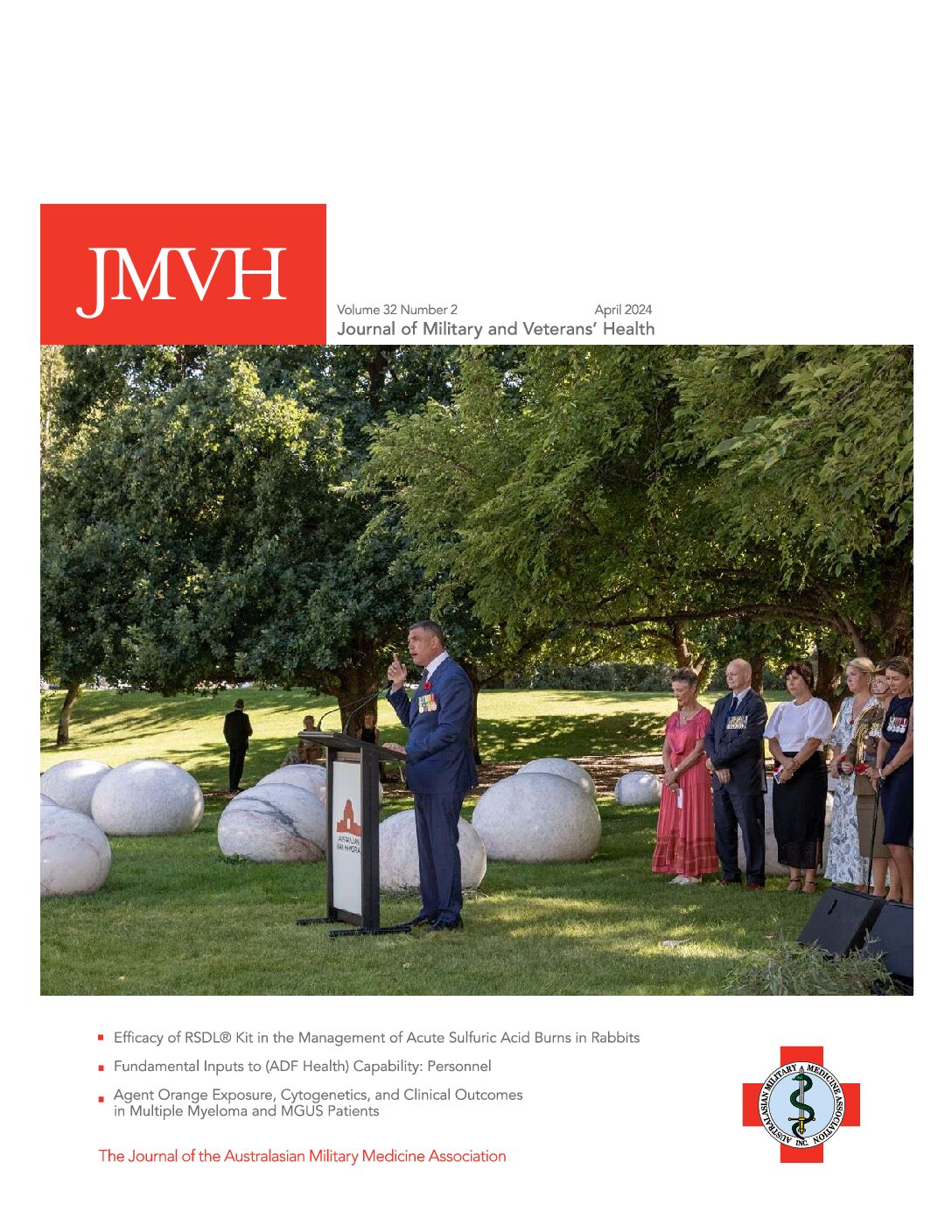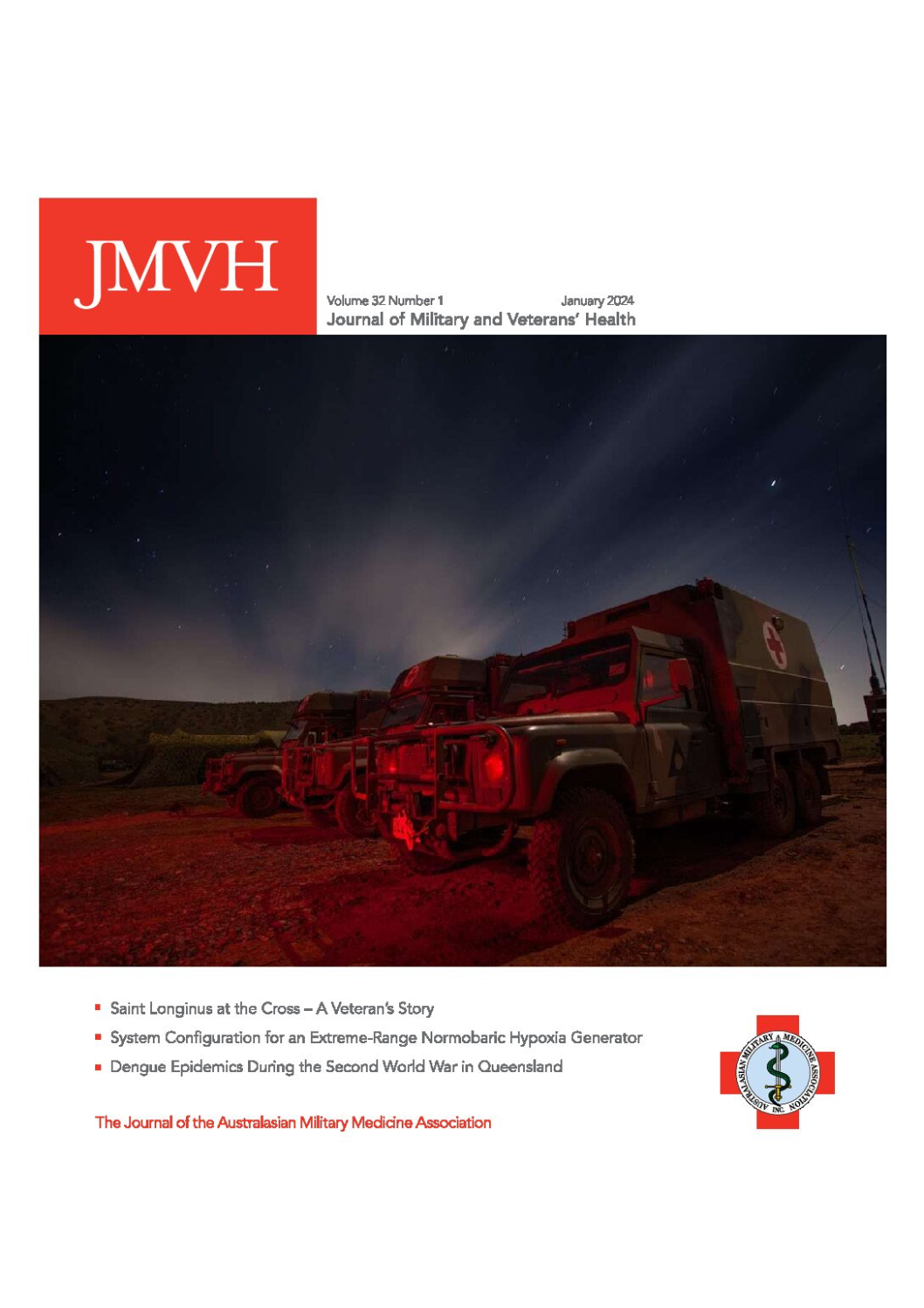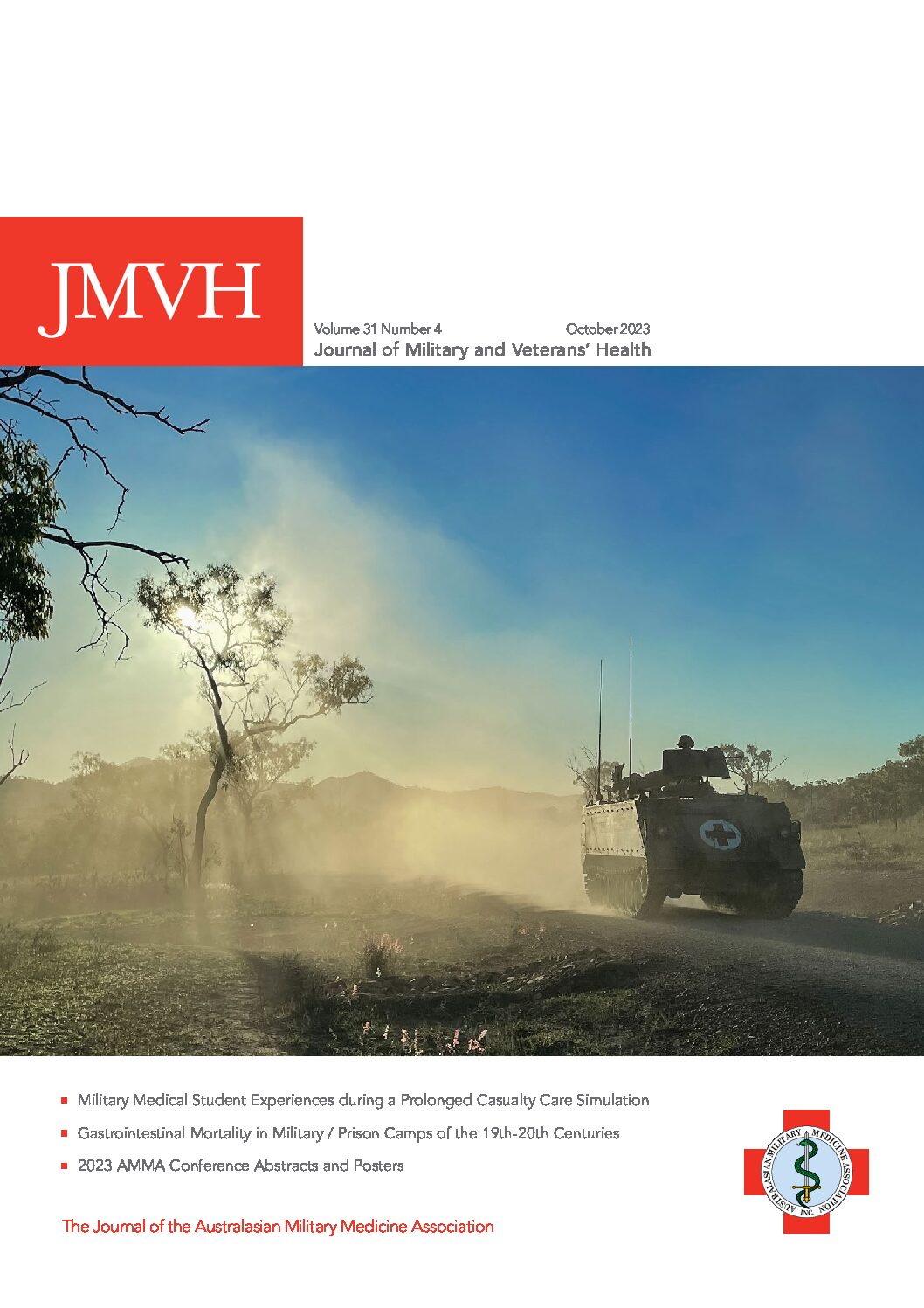Dear Editor,
A REARGUARD DEFENCE: MEFLOQUINE, TAFENOQUINE, AND THE AUSTRALIAN ARMY MALARIA INSTITUTE
I read with interest the recent article by Dr. Howie- Willis1, which extols the recent accomplishments of various staff of the Australian Army Malaria Institute (AAMI). I have concerns regarding the historical and factual accuracy of certain of the authors’ statements, particularly those offered in defence of the actions of AAMI staff involved in trials of mefloquine and tafenoquine conducted among Australian military personnel in East Timor beginning in the late 1990s. I am also concerned that Dr. Howie-Willis’s work reads not as an impartial historical review of the topic, but as an attempted rearguard defence of these actions and of more generally of the safety of mefloquine and tafenoquine.
Dr. Howie-Wiilis describes this controversy as “unexpectedly” coinciding with the approach of the AAMI’s 50th anniversary in 2016. In fact, the actions of the AAMI in East Timor became the subject of considerable controversy beginning well over a decade earlier in 2004, when concerned Australian soldiers enrolled in these trials first filed legal action2. Mefloquine was subsequently found to be neurotoxic by the developers of tafenoquine2, and tafenoquine itself later was found to be more neurotoxic than mefloquine3, further substantiating the concerns of these study subjects.
Dr. Howie-Willis risks trivialising a key point of debate in this controversy when he dismisses the concerns of antimalarial drug safety advocates in this community by stating that “all antimalarial drugs have unwelcome side effects”. Unlike the daily medications doxycycline and atovaquone-proguanil, which lack published evidence of neurotoxicity, both mefloquine and tafenoquine can cause several neuropsychiatric adverse effects that can mimic symptoms of posttraumatic stress disorder (PTSD), including sleep disturbance and anxiety4. I challenge the claim by Dr. Howie-Willis that such neuropsychiatric effects affect only “a relatively small proportion” of those taking mefloquine and that fewer than 1 percent experience anxiety. In fact, a recent meta-analysis finds that of those exposed to mefloquine prophylaxis, in comparison to the alternative atovaquone-proguanil, symptoms of anxiety are reported in 6%, insomnia in 13%, and abnormal dreams in 14%5 — the latter described in one military study as “often terrifying nightmares with technicolor clarity… vividly remembered days later”6.
Contrary to the claims of Dr. Howie-Willis that such effects generally resolve after several weeks, in one study, 21% of those reporting nightmares with use of mefloquine reported this symptom persisting for three years or longer7. Researchers at the Walter Reed Army Institute of Research, where both mefloquine and tafenoquine were developed, have consequently warned that “the significant overlap in symptoms associated with mefloquine toxicity and PTSD obscures the distinction between these diagnoses”8. There is thus a risk that chronic adverse effects from mefloquine could be misattributed to PTSD, despite existing diagnostic exclusions. Indeed, in the recent large retrospective cohort study cited by Dr. Howie-Willis9, non-combat-deployed U.S. military personnel prescribed mefloquine had a significant — and nearly doubled — risk of subsequent PTSD diagnosis than those prescribed atovaquoneproguanil9. As described elsewhere, this study has several significant methodological limitations that limit the validity of its other negative findings10.
Mefloquine, like other quinolines, is an idiosyncratic neurotoxicant that appears to adversely affect only certain people, the risk factors for which are not yet known. A key point made by the Australian antimalarial drug safety community, that is not cited or acknowledged by Dr. Howie-Willis, is that for this reason, the manufacturer of mefloquine has long warned that the drug must be discontinued at the onset of neuropsychiatric symptoms, which are described as prodromal to “a more serious event” — arguably a euphemism for the lasting effects associated with the drug’s idiosyncratic neurotoxicity2. As the recent meta-analysis concludes, despite the fact that a considerable minority of those who use mefloquine experience prodromal symptoms, only 6% of users discontinue the drug as directed by the manufacturer5. As the Australian Army’s own policies which deprioritise the drug underscore, mefloquine is thus poorly suited for military use2. The reluctance of certain AAMI staff to concede this point — and to concede further that the use of mefloquine in military settings outside of the manufacturer’s directions has resulted in lasting harm to some veterans — is now plainly evident from this work.
Dr. Howie-Willis concedes that it is “still too early to write an historical account of the dispute” related to mefloquine and tafenoquine, and that “another decade might need to elapse before such an history can be written”. Ironically, as the issues in this dispute are further clarified in the coming years, Dr. Howie-Willis’s work stands to serve more as a record of the institution failings of the AAMI in relation to these drugs, then as a successful rearguard defence of its actions.
Yours sincerely
Remington L. Nevin, MD, MPH, DrPH
Executive Director
The Quinism Foundation
P.O. Box 145
White River Junction, VT 05001
United States of America
*To whom correspondence should be addressed at:
rnevin@quinism.orgFAFOEM (RACP) psc
Commander, RANR
Conflict of Interest Statement:
Dr. Nevin is a former U.S. Army medical officer and serves as consultant and expert witness in legal cases involving claims of adverse effects from antimalarial drugs.
Please specify the URL of your file






